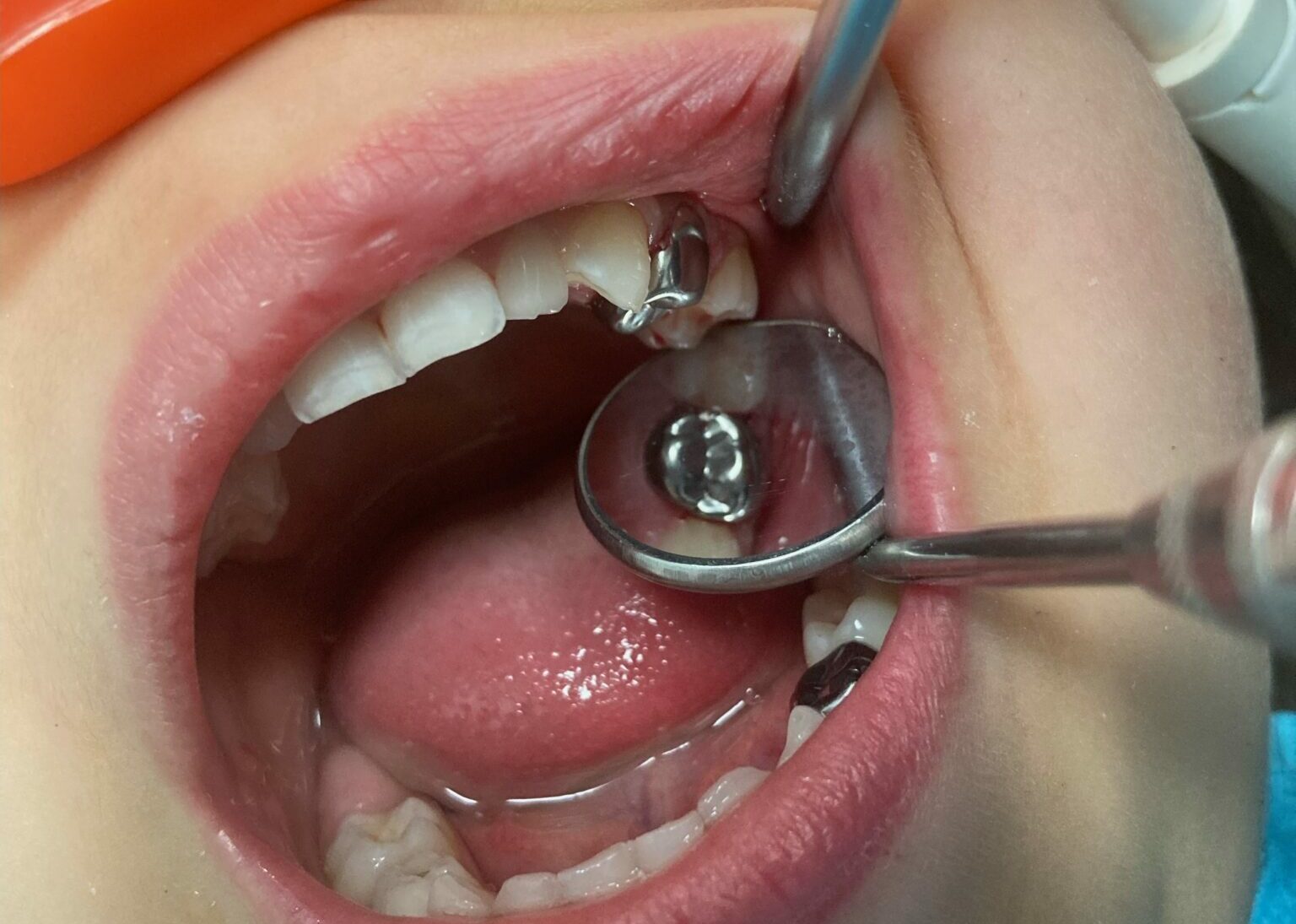How To Treat Herpetic Stomatitis? Fast Recovery
Herpetic stomatitis, also known as herpetic gingivostomatitis, is a common viral infection that affects the oral cavity, particularly in children. It is caused by the herpes simplex virus type 1 (HSV-1) and is characterized by the appearance of painful blisters and ulcers on the gums, tongue, and other areas of the mouth. While the infection can be uncomfortable and distressing, there are several treatment options and self-care measures that can help alleviate symptoms and promote fast recovery.
Understanding the Symptoms Before we dive into the treatment options, it’s essential to understand the symptoms of herpetic stomatitis. These may include:
- Painful blisters or ulcers on the gums, tongue, and other areas of the mouth
- Redness and swelling of the affected areas
- Fever, especially in children
- Irritability and discomfort while eating or drinking
- Excessive drooling, especially in children
- Loss of appetite
Treatment Options While there is no cure for herpetic stomatitis, the following treatment options can help alleviate symptoms and promote recovery:
- Antiviral Medications: Antiviral medications, such as acyclovir, can help reduce the severity and duration of symptoms. These medications work by inhibiting the replication of the herpes simplex virus.
- Pain Relief: Over-the-counter pain relievers, such as acetaminophen or ibuprofen, can help alleviate pain and discomfort associated with the infection.
- Topical Anesthetics: Topical anesthetics, such as lidocaine or benzocaine, can be applied directly to the affected areas to numb the pain.
- Salt Water Rinses: Rinsing the mouth with warm salt water several times a day can help reduce pain and inflammation.
- Soft Foods: Eating soft, bland foods, such as yogurt, scrambled eggs, or mashed bananas, can help reduce discomfort while eating.
Self-Care Measures In addition to treatment options, there are several self-care measures that can help promote fast recovery:
- Stay Hydrated: Drinking plenty of fluids, such as water or clear broths, can help keep the mouth moist and promote healing.
- Practice Good Oral Hygiene: Brushing and flossing regularly can help prevent the spread of the infection and promote healing.
- Avoid Irritants: Avoiding irritants, such as spicy or acidic foods, can help reduce discomfort and promote healing.
- Get Plenty of Rest: Getting plenty of rest can help the body recover from the infection.
- Avoid Close Contact: Avoiding close contact with others, especially children, can help prevent the spread of the infection.
Home Remedies Several home remedies can also help alleviate symptoms and promote recovery:
- Aloe Vera Gel: Applying aloe vera gel to the affected areas can help soothe pain and reduce inflammation.
- Honey: Applying honey to the affected areas can help soothe pain and promote healing.
- Tea Tree Oil: Adding a few drops of tea tree oil to a salt water rinse can help reduce inflammation and promote healing.
- Cold Compress: Applying a cold compress to the affected areas can help reduce pain and inflammation.
When to Seek Medical Attention While most cases of herpetic stomatitis can be treated with self-care measures and over-the-counter medications, there are certain situations that require medical attention:
- If symptoms worsen or do not improve with treatment
- If fever exceeds 104°F (40°C)
- If difficulty breathing or swallowing occurs
- If the infection spreads to other areas of the body
- If you have a weakened immune system or are taking immunosuppressive medications
Prevention While it’s not possible to completely prevent herpetic stomatitis, there are several measures that can reduce the risk of transmission:
- Practice Good Hygiene: Practicing good hygiene, such as washing hands frequently and avoiding close contact with others, can help reduce the risk of transmission.
- Avoid Sharing Utensils: Avoiding sharing utensils, such as eating utensils or drinking glasses, can help reduce the risk of transmission.
- Keep the Mouth Clean: Keeping the mouth clean, by brushing and flossing regularly, can help reduce the risk of transmission.
Frequently Asked Questions
What is the incubation period of herpetic stomatitis?
+The incubation period of herpetic stomatitis is typically 2-12 days, with symptoms appearing 2-3 days after exposure to the virus.
Can herpetic stomatitis be treated with antibiotics?
+No, herpetic stomatitis is caused by a viral infection and cannot be treated with antibiotics. Antiviral medications, such as acyclovir, are the preferred treatment option.
How long does it take to recover from herpetic stomatitis?
+Recovery from herpetic stomatitis typically takes 7-14 days, with symptoms improving within 3-5 days of treatment.
By following these treatment options, self-care measures, and home remedies, you can help alleviate symptoms and promote fast recovery from herpetic stomatitis. Remember to practice good hygiene and take steps to prevent transmission to reduce the risk of infection.

